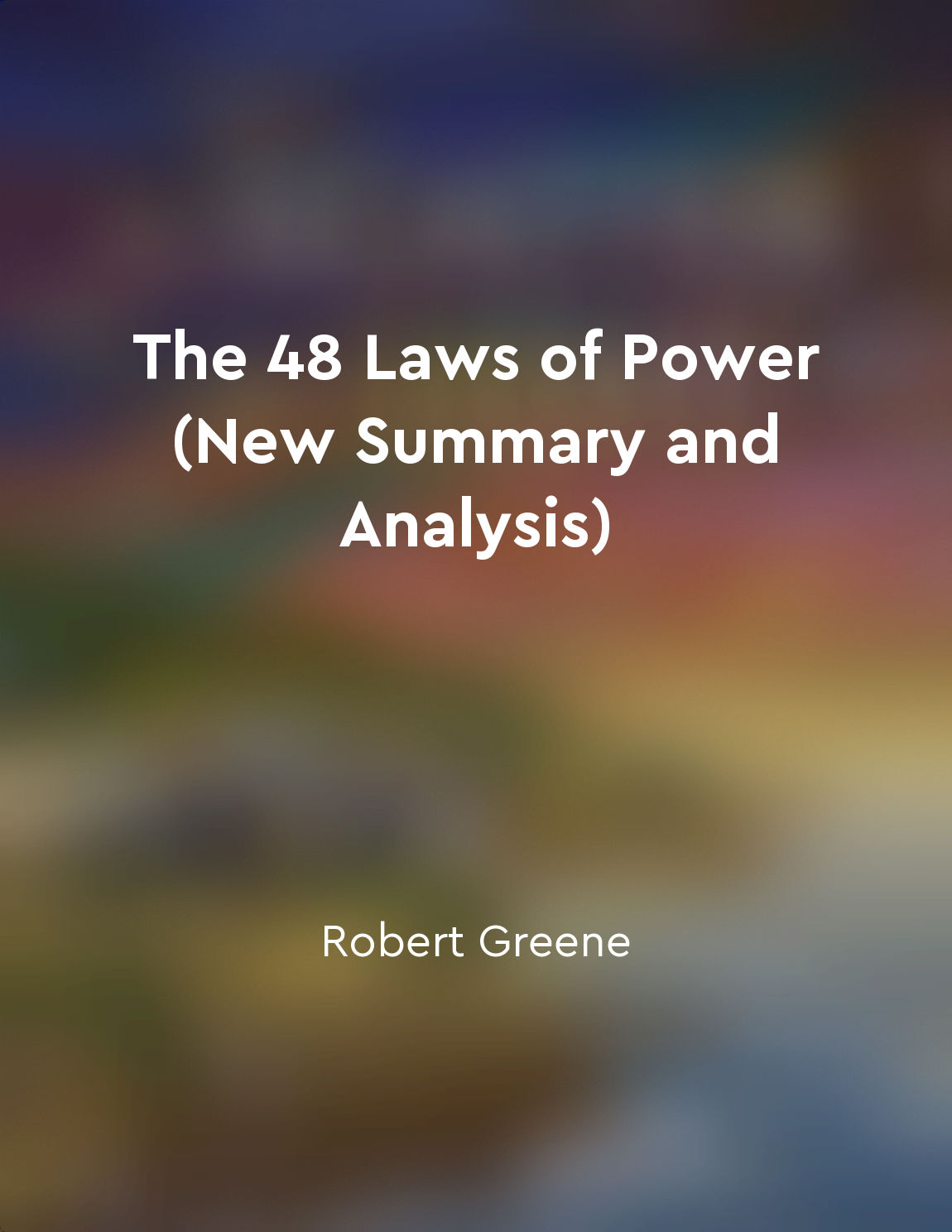Soft power from "summary" of International Relations: The Key Concepts by Martin Griffiths,Terry O'Callaghan
Soft power refers to the ability of a country to influence others through attraction rather than coercion. It is the power of persuasion and example, as opposed to the power of force or threat. Soft power is about shaping the preferences of others in ways that lead them to want the same outcomes that you want. In this sense, it is a form of power that is based on the ability to set the agenda and determine the rules of the game. Soft power operates by appealing to values, culture, and ideology, rather than through military or economic means. It is about winning hearts and minds, rather than dominating through brute force. Soft power is often seen as a more sustainable form of power, as it relies on consent and legitimacy rather than coercion. It is about building relationships and networks of influence that can be leveraged over time. Soft power can be exercised through a variety of means, including cultural diplomacy, public diplomacy, and the promotion of democratic values. It involves the use of tools such as media, education, and exchange programs to shape perceptions and influence behavior. Soft power is also about building credibility and trust, so that others are more likely to listen to and follow your lead. Soft power is not without its limitations, however. It can be difficult to measure and quantify, making it harder to assess its effectiveness. Soft power is also context-dependent, as what may be persuasive in one situation may not be in another. Moreover, soft power can be easily undermined by actions that are seen as hypocritical or self-serving.- Soft power is an important concept in international relations that highlights the power of influence and persuasion in shaping global outcomes. It is a form of power that is increasingly relevant in a world that is interconnected and interdependent. By understanding and harnessing the power of attraction, countries can achieve their objectives without resorting to coercion or force.
Similar Posts
Use the surrender tactic to transform weakness into power
When you find yourself in a position of weakness or vulnerability, the best course of action may be to surrender. By surrenderi...

Keep your intentions hidden
This law is simple yet powerful: keep your intentions hidden. The idea behind this law is that by keeping your intentions conce...

Use selective honesty to disarm your enemies
One effective strategy for disarming your enemies is to strategically reveal some honest information about yourself. By careful...
External actors can influence peace processes
External actors play a crucial role in shaping peace processes around the world. These actors can come in various forms, includ...
Make others feel important by allowing them to talk about themselves
The key to gaining power lies in making others feel important. By allowing them to talk about themselves, you are giving them a...

Demonstrate your skills rather than merely talking about them
Instead of boasting about your abilities, it is much more effective to actually showcase your skills through actions. People ar...
Use psychological triggers wisely
The way you use psychological triggers can make a big difference in your interactions with others. These triggers can be powerf...
Power promotes growth and evolution
The fundamental concept that underlies all power is the ability to enhance growth and evolution. Power is not some abstract for...

